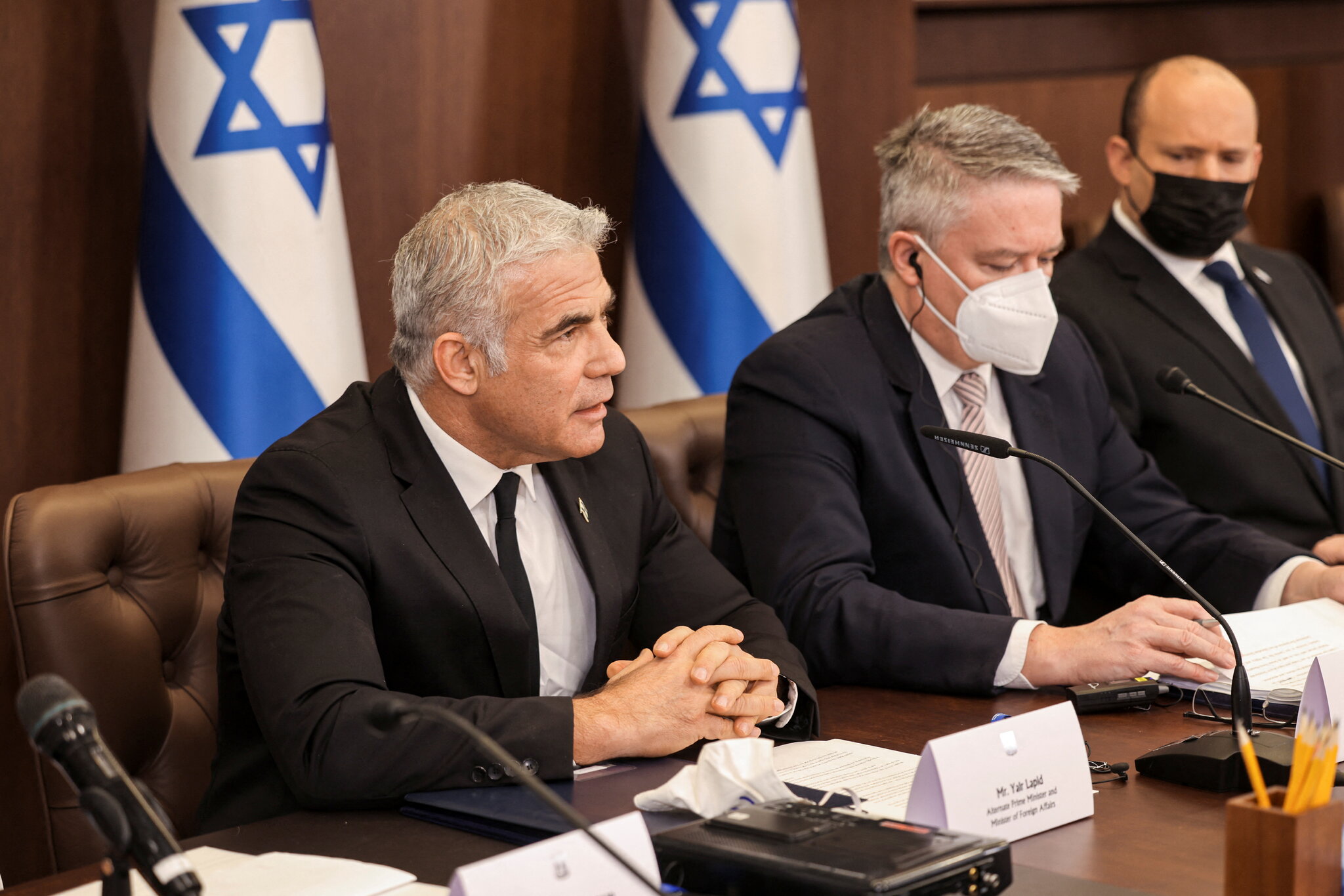Acceptance of the Zionist regime at the regional level and by some Arab governments marginalizes the Palestinian issue, and on the other hand, since Tel Aviv has defined the Islamic Republic of Iran as its biggest enemy, its participation and presence in any regional security arrangement is aimed at opposing Iran.
Zionist regime’s attempt to integrate into the Middle East region
This policy of the Zionist regime gained more speed with the signing of the so-called Abraham Accords in 2020. After the recognition of the Zionist regime by Jordan in 1994, despite the various efforts, no other Arab government took any measure to recognize the Zionist regime, but with the signing of the Abraham accords, not only the UAE, Bahrain, Sudan, and Morocco recognized the Zionist regime, but also numerous news indicate the extensive efforts to normalize relations between the Zionist regime and Saudi Arabia.
According to Zionist newspapers, Saudi Arabia and the Zionist regime have made great progress in political, security, and economic talks, to such an extent that the two sides are supposed to have security cooperation with each other, which is indicative of the fact that in the political arena, important agreements are also likely to be reached.
In this regard, the return of two islands belonging to Saudi Arabia in the Red Sea by Egypt with the support of the Zionist regime is one of its tangible signs. In addition, Saudi Arabia announced on Friday, July 15, that on the eve of US President Joe Biden’s visit to the kingdom, it will open its airspace to all airlines, including that of the Zionist regime. Joe Biden immediately called it a “historic decision” and welcomed it. Although Zionist planes used to pass through Saudi airspace, from now on they can also land inside Saudi territory. It should be noted that the possible recognition of the Zionist regime by Saudi Arabia will provide the basis for some other Arab and Islamic governments to take a similar measure.
Presence of the Zionist regime in security-political arrangements
In addition to trying to be accepted at the regional level, the Zionist regime has entered into some cooperation arrangements with other countries, which it intends to introduce against Iran. Benny Gantz, Minister of War of the Zionist regime, announced that the regime had 150 security meetings with the authorities of Arab countries. This news is indicative of the fact that the existing convergence between some Arab regimes and the Zionist regime is an internal desire and the will of the US and other Western governments is the next priority.
According to many published news, the most important aspect of the secret security cooperation between the Zionist regime and the Arabs, which Tel Aviv plans to introduce against Iran, is cooperation in joint defense systems. Earlier, reports were published that the US Congress is seeking to oblige the Pentagon to establish a joint defense system with the presence of the Zionist regime and the countries compromising with the Zionist regime.
Of course, Congress has mentioned Iraq and Qatar join this joint system. Based on this, a 360-degree defense system is formed in which the member states of the system share their radar information with each other. The Middle East Air Defense System is a preliminary plan for security cooperation among the countries of the region and the Zionist regime in identifying, warning, and countering air threats caused by ballistic missiles and drones, and it specifically has targeted the Islamic Republic of Iran. This alliance is still in its initial and preparatory stages and agreements have been made only on the stages of identifying and warning threats.
It is also said that the Zionist regime has asked US President Joe Biden to agree to the delivery of the Zionist regime’s laser air defense system to the Arab countries united by the United States, including Saudi Arabia. Channel 12 of the Zionist regime, citing anonymous sources, reported that this plan will include the delivery of the “Iron Beam” system to the UAE and possibly Saudi Arabia.
In addition to the joint defense system plan, the Zionist regime is also a member of the so-called Middle Eastern Quad, and a virtual meeting between them was held in the Zionist regime on Thursday, July 14. At the same time as the holding of the virtual meeting of the leaders of the Middle Eastern Quad (the US, the Zionist regime, India and UAE) called I2U2, the report on the Indian company Adani winning the tender for Haifa port of the Zionist regime was published. By presenting an offer of 1.7 billion dollars, Adani managed to eliminate its two Zionist competitors in the tender, so that the strategic partnership of India, the UAE, and the Zionist regime is another important step in the direction of advancing the “Arab-Mediterranean Corridor” project and possibly encouraging New Delhi to stop its investments in Chabahar port of Iran.
In addition to efforts for integrating with the Arab countries on the southern border of the Persian Gulf, it seems that the Zionist regime is advancing similar plans, albeit secretly, in Iran’s neighboring countries, such as Iraq and the Republic of Azerbaijan.
It is obvious that the advancement of those plans, which are all under the support of the United States, will face Iran’s harsh reaction against the Zionist regime and its allies if they are implemented against Iran’s interests.










0 Comments